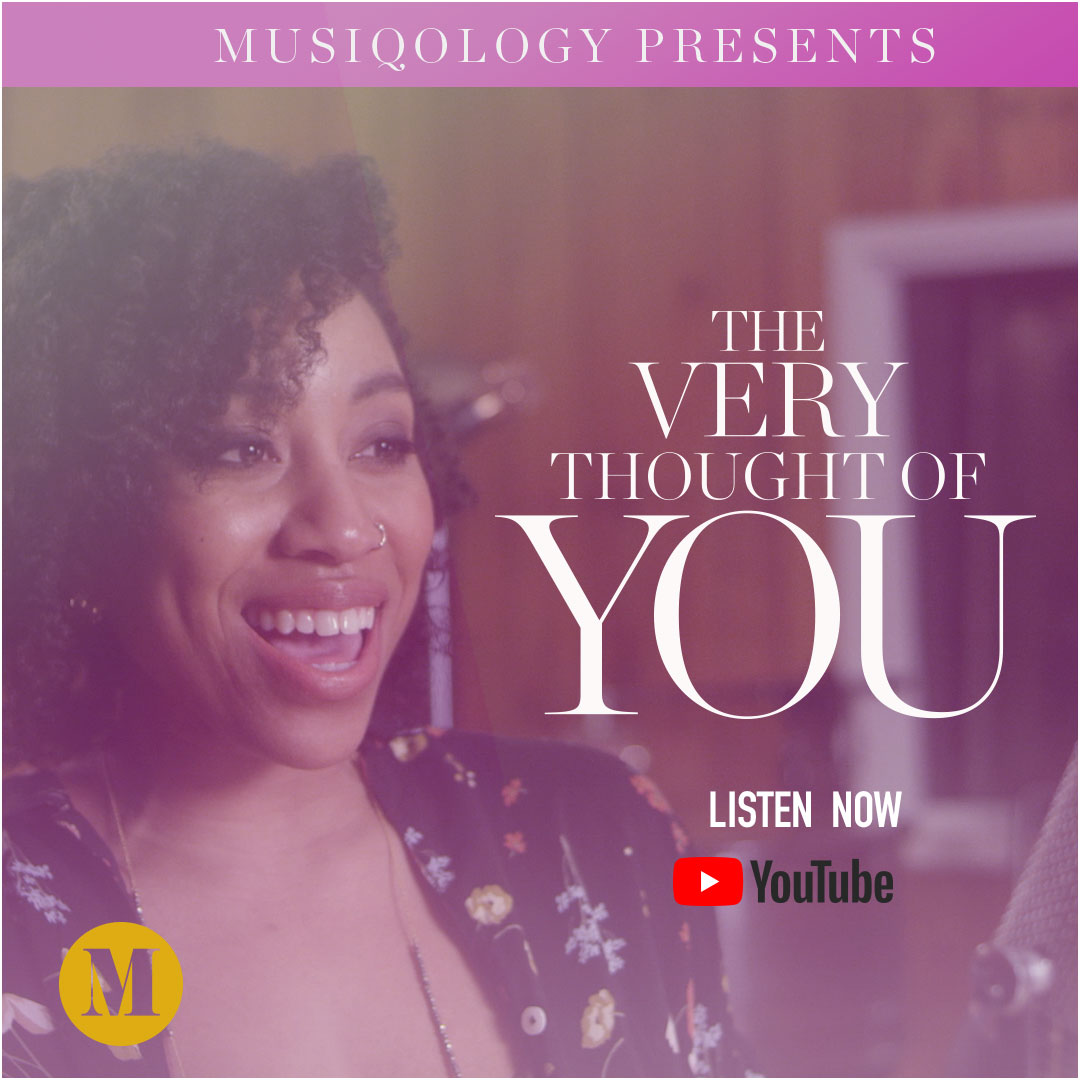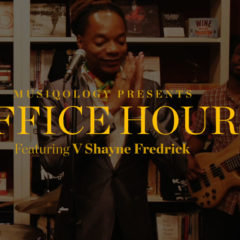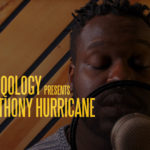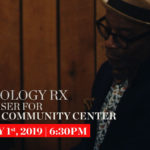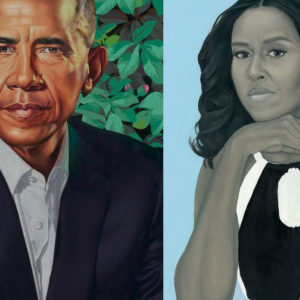This Thursday, February 22, our fearless leader Dr. Guthrie Ramsey will deliver the Provost’s Lecture on Diversity. The lecture will be held at 5:00PM at the Harold Prince Theater at the Annenberg Center for the Performing Arts and is free to the public. We sat down with Guy to discuss the lecture, which he has titled Hide/Melt/Ghost: Writing the Early History of African-American Music and designed to be a multi-media experience that engages with history, culture, and of course music.
MQ: So what’s the plan for Thursday evening’s lecture?
GR: What I’m doing specifically with the lecture is reading from my new book in progress, Soundproof: Black Music, Magic, and Racial Intimacies, which is my take on the history of African American music from slavery to the present. The first four chapters of the book are done and that sweep of the book takes us up to the beginning of the recording industry. So I thought it would be a useful exercise to create a lecture out of those chapters, but to do it with a twist—live musical examples with a real band on stage and visual/filmic elements.
MQ: Can you explain the different subjects of the book and how they relate to work oriented towards diversity and/or inclusion?
GR: Well, I use “black music” as the music created (and participated in) by people of African descent in the United States, but it also includes anyone who participates in those traditions. I don’t draw boundary lines around who can participate in the tradition.
The magic element of it, in this book, deals with spiritual elements, particularly the way that slave cultures participated in music-making practices that were in fact soundtracks to paranormal events. It expands our ideas about epistemological orientations, creating a more diverse set of knowledges coalescing and interacting with each other. One aspect of the paranormal events was that, through musical practice, they could connect with ancestors and deities. The other aspect of the magic is that they created a people out of those music-making practices. Through those practices, they expressed their humanity in a situation where they weren’t thought to be human.
And lastly, racial intimacy has to do with the fact that music could at once perform all of that cultural work for people in the group but at the same time, every step of the way there have been Americans participating in this musical culture. So—particularly where segregation was the word of the day and certain kinds of fraternizing were illegal—people were practicing what I’m calling sonic miscegenation. It was always a space where people could make music together and build a music-making tradition together.
MQ: The lecture itself is titled “Hide/Melt/Ghost Writing the Early History of African-American Music.” What do those terms mean in this context?
GR: These are the working titles of the first three chapters of the book project. “Hide” talks about how the musical practices that enslaved people made were hiding places…places where they could tuck away their secret desires for freedom, justice, liberty…everything that the democracy they were living in promised but was not open to them.
“Melt” is about the idea of the melting pot in two ways. First, the music from the Middle Passage was a space for the melding of diverse African ethnic groups into one, becoming African Americans. It’s also the notion of how ethnicity was supposedly working in the United States.
“Ghost” has two connotations. One is literally the Holy Ghost and how black religious practices dealt with the supernatural in music and how the supernatural manifested itself in music. The other connotation is the idea of ethnicities being Ghost Nations within the larger American template. So as you can see, there’s a lot of overlap between these chapters, the history of American music, and conversations about identity and intersection.
MQ: What does diversity mean in this academic context and why is it something that is important?
I haven’t really thought much about the term “diversity” in terms of the lecture. That’s intentional. Fundamentally, because this is part of the story of America since its beginning, bracketing it off may be a way to highlight it, but it’s not a way to do anything in the culture. Because that work has already been done and it’s always already constantly done.
MQ: It sounds like what this lecture is doing and this book is doing is arguing for the fundamental place of black musics and black cultural practices and religious practices at the heart of the American experience from the very beginning. The history of America is also the history of black people and black music. When you break them apart, you’re doing the reverse of what you think you’re doing.
GR: Exactly. It’s a tricky move, because it’s about nuance. It’s like playing devil’s advocate when you’re teaching, for instance. You have the world as it exists, but you’re trying to get students to see beyond what industries like the music industry want you to think, specifically that people exist in these ethnic silos and have these musical assignments in them…urban…whatever label you use. Genre categories too are categories of organization that are inorganic. They’re not ontological; they’re epistemological and layered onto systems and knowledges and layered onto things ex post facto. We accept them, ignore them, and sometimes fall back on them.
MQ: Can you say a little more about the integral role that music and musical cultures play in equity and diversity work?
One of the things that I find astounding, particularly in, say, music departments across the nation: The music we associate with African Americans is important and has been completely absorbed into “mainstream” sensibilities. So to try to separate it out is an exercise in futility, really, and it’s about recreating boundaries that don’t really exist on the ground. Where it becomes tricky is the power relationships…the social relationships. We can have cultural amalgamation but at the same time have social hierarchies and social divisions and social arrangements that support inequity or, you know, detail inequity, then I don’t know what the point is of stressing this idea of diversity. We’re really already diverse; it’s just a matter of accepting it.

 Share On Facebook
Share On Facebook Tweet It
Tweet It

